How to Handle a Sales Tax Audit Like a Pro: Essential Tips for Small Business Owners
Navigating a sales tax audit can seem daunting for small business owners, but with the right strategies, you can handle the process like a pro. Here are four essential tips to help you tackle a sales tax audit while keeping your stress levels low and your confidence high.
1. Don’t Panic: Audits Are a Routine Part of Business
First and foremost, remember that sales tax audits are a normal part of doing business. It’s completely natural to feel anxious, but panicking won’t help. Audits are conducted by tax authorities to ensure compliance with sales tax regulations. Think of it as a routine check-up for your business.
Understanding that audits are common and not necessarily indicative of wrongdoing can help you approach the situation calmly. Focus on the fact that you have a chance to showcase how well you manage your sales tax responsibilities. This perspective shift can make navigating the audit process much easier and less stressful.
2. Communicate Effectively with the Auditor
Effective communication is crucial during a sales tax audit. Treat the auditor like a partner rather than an adversary. When they request documents, provide exactly what they need without overwhelming them with extra information. This means giving them clear, concise, and relevant materials.
If you’re unsure about what the auditor is asking for, don’t hesitate to ask for clarification. Open communication can help avoid misunderstandings and create a more cooperative environment. Being transparent and friendly can also positively influence the auditor’s impression of your business.
3. Keep Your Accounting Records Organized
One of the most significant ways to prepare for a sales tax audit is to maintain well-organized accounting records. An organized filing system makes it easier for you to locate documents quickly when requested by the auditor. Use a systematic approach by categorizing records by year, transaction type, or client.
Consider utilizing accounting software to manage your financial data efficiently. This technology can help you track sales tax collections, payments, and liabilities with ease. The more organized your records are, the smoother your audit process will be, and it can also provide valuable insights into your business’s financial health throughout the year.
4. Don’t Hesitate to Ask for Help
If you find yourself feeling overwhelmed during the audit process, reaching out for professional assistance is a smart move. Consulting with a tax professional who specializes in sales tax compliance can provide invaluable guidance. They can help you interpret complex tax regulations and ensure that you are fully compliant.
A tax expert can also assist in preparing your documentation and serving as an intermediary between you and the auditor. Having a knowledgeable professional by your side not only takes the pressure off you but also enhances your chances of a favorable audit outcome.
Conclusion
Handling a sales tax audit may seem intimidating, but with the right preparation, it can be manageable and straightforward. Don’t panic; remember that audits are a routine part of business. Communicate openly with the auditor and keep your accounting records well organized. If needed, don’t hesitate to seek assistance from a tax professional. By following these tips, you can confidently navigate your sales tax audit and ensure compliance while focusing on what you do best—running your business!




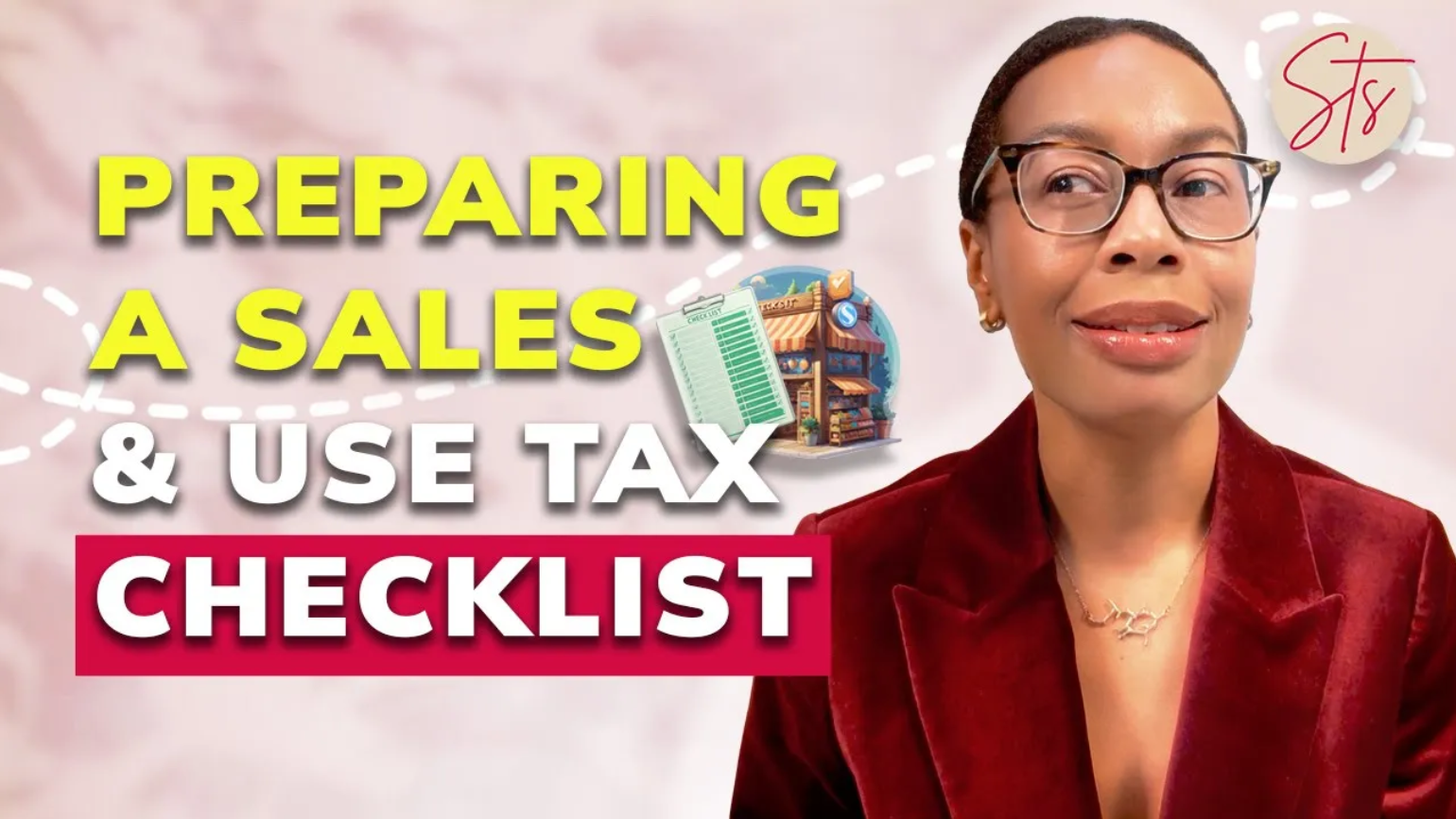
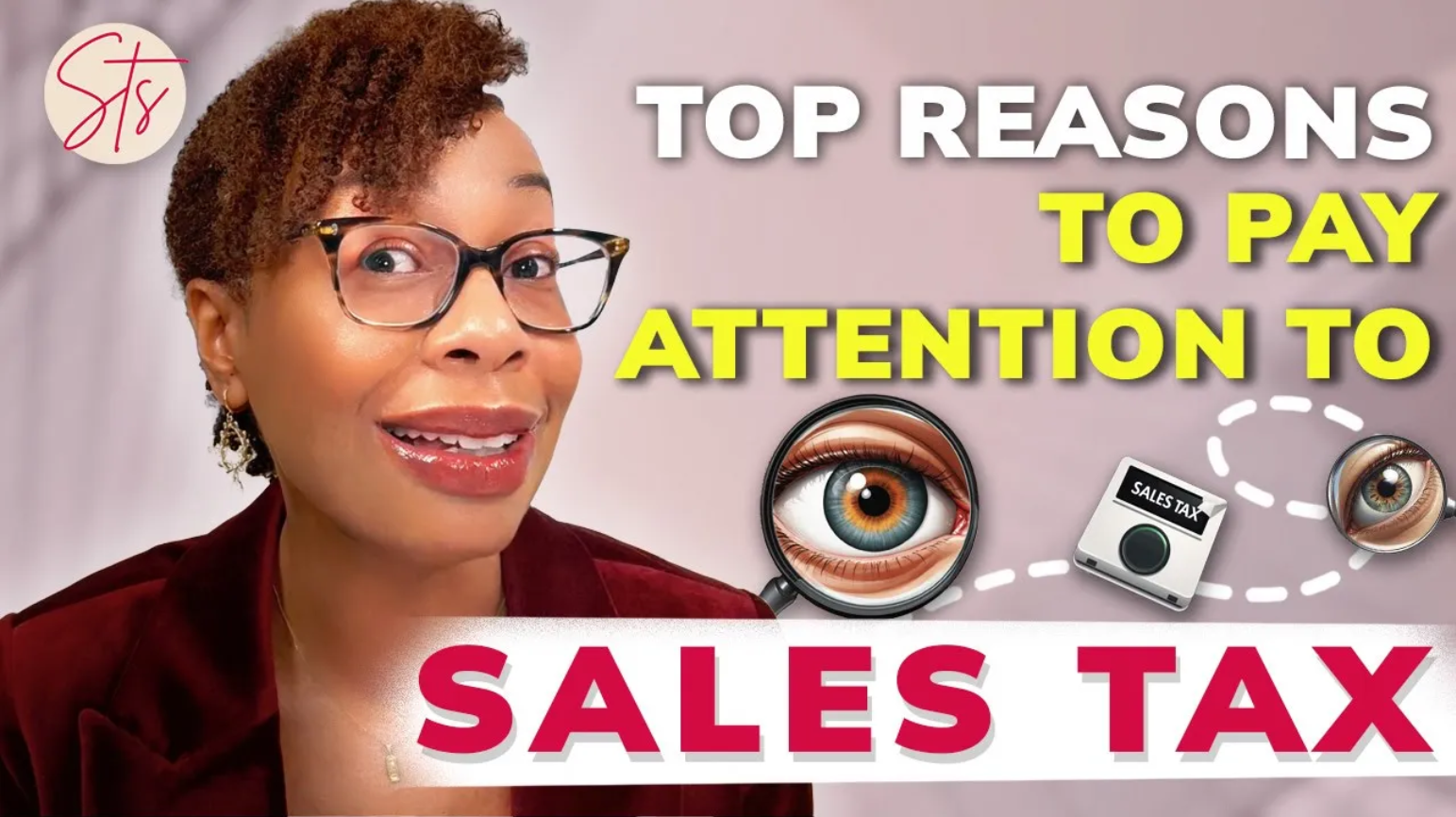
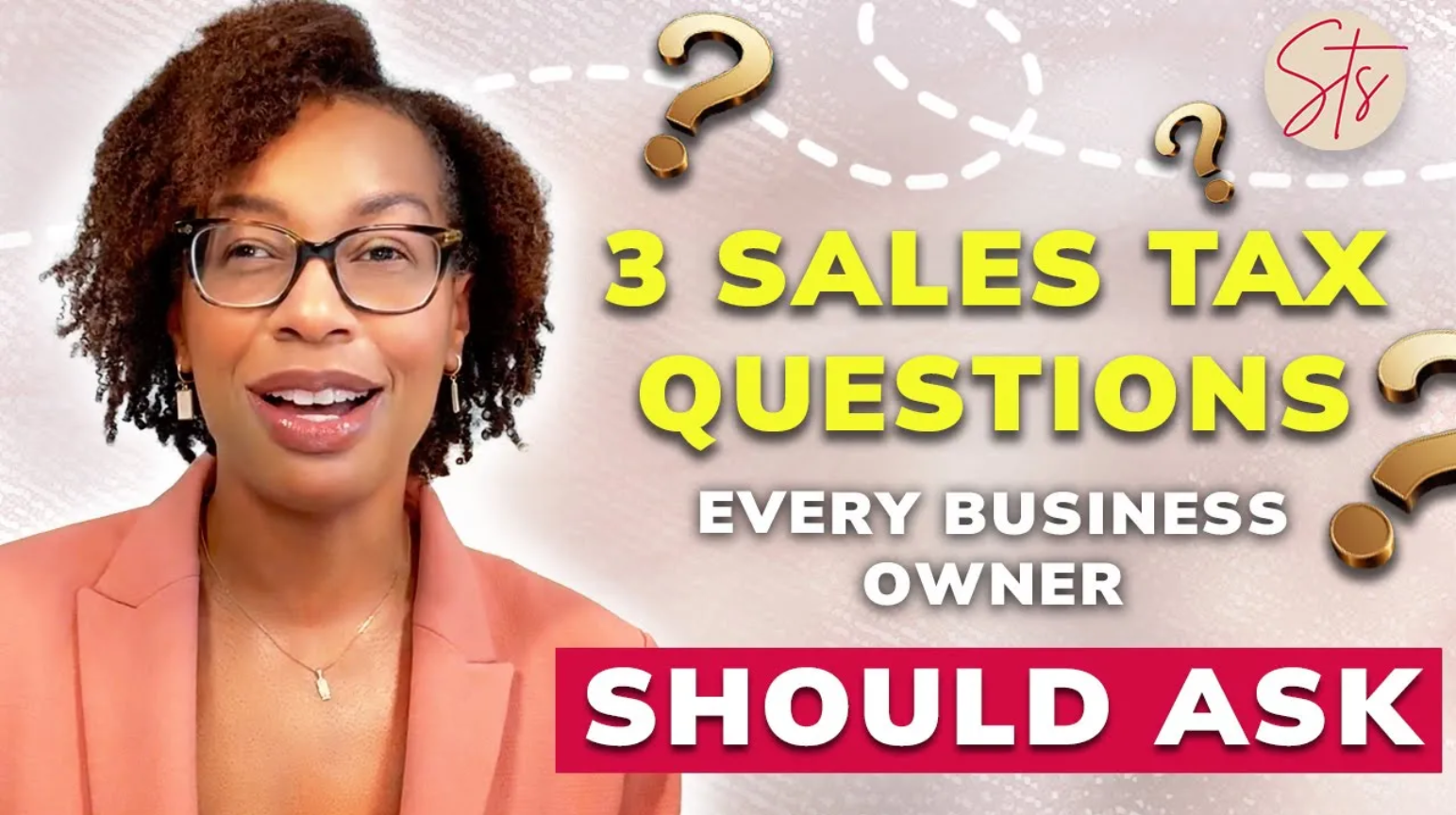
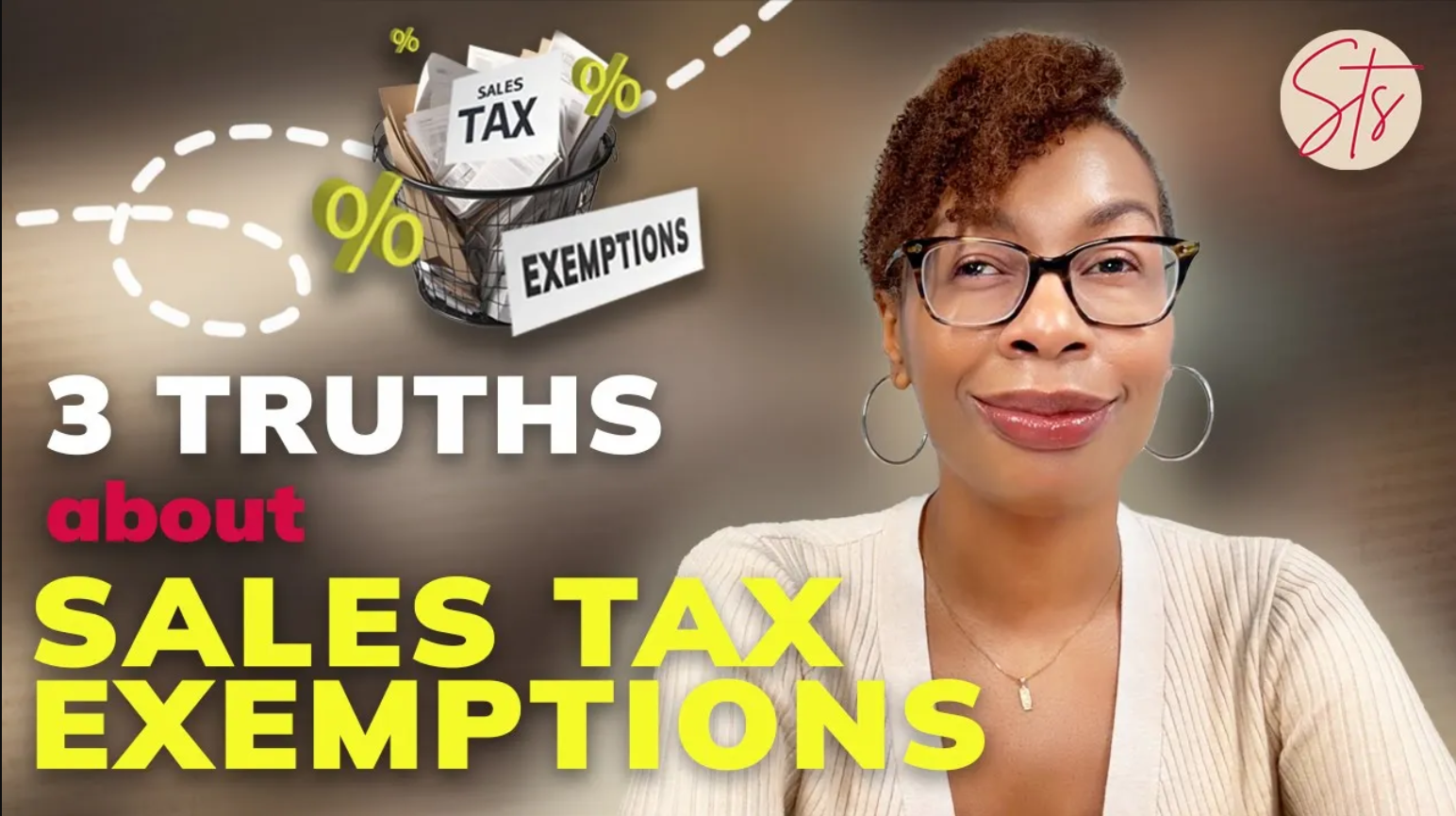






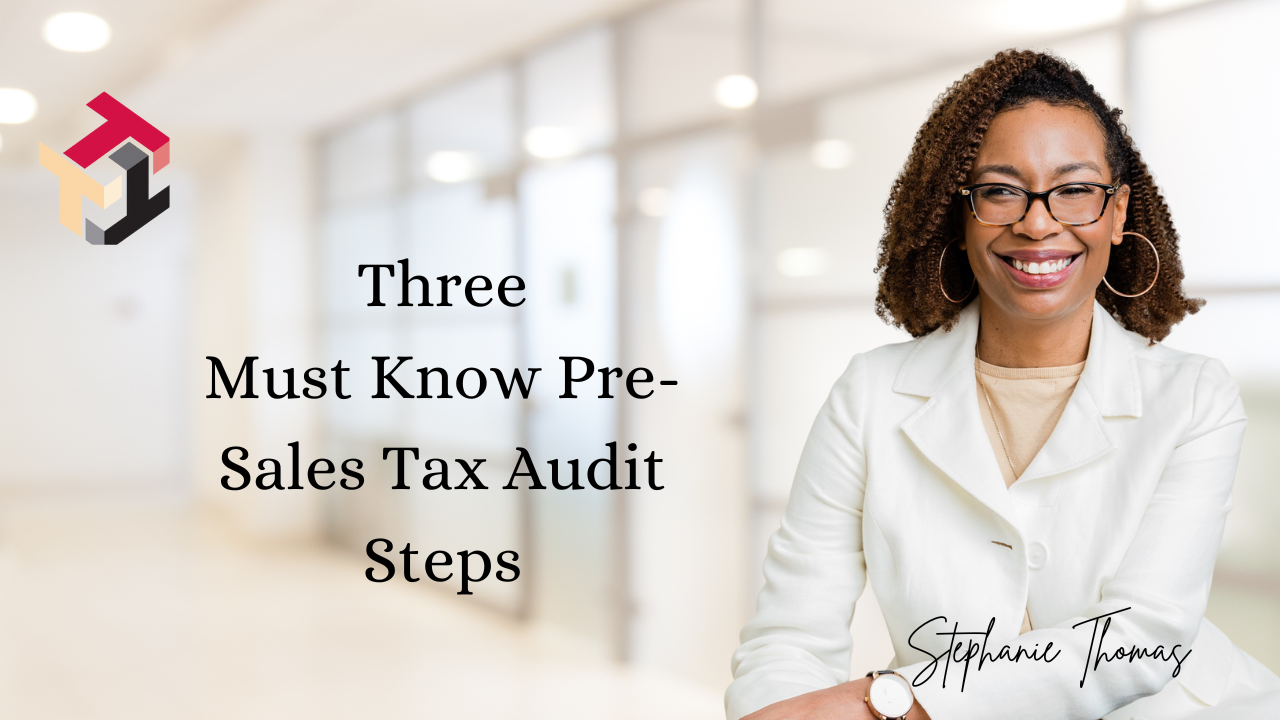

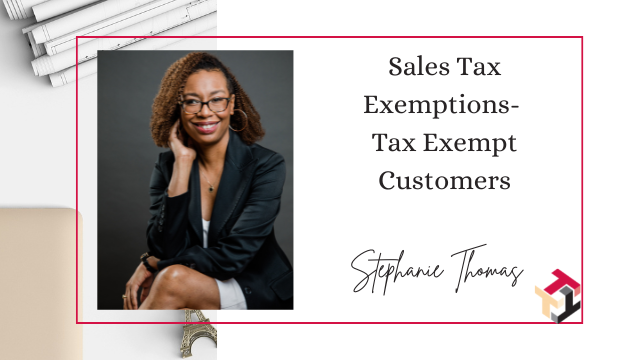


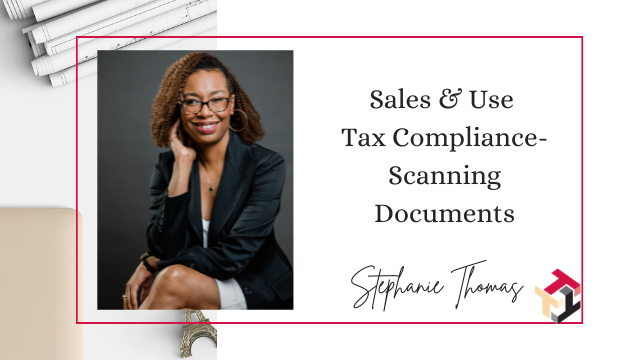


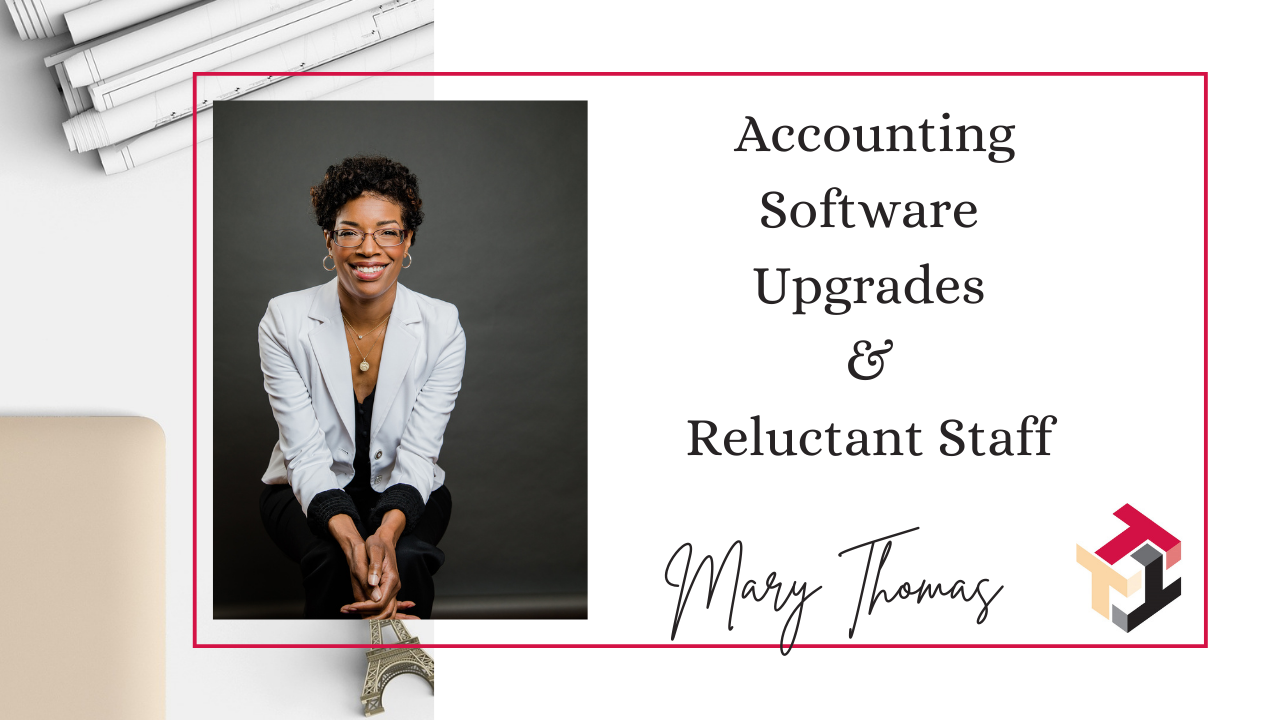

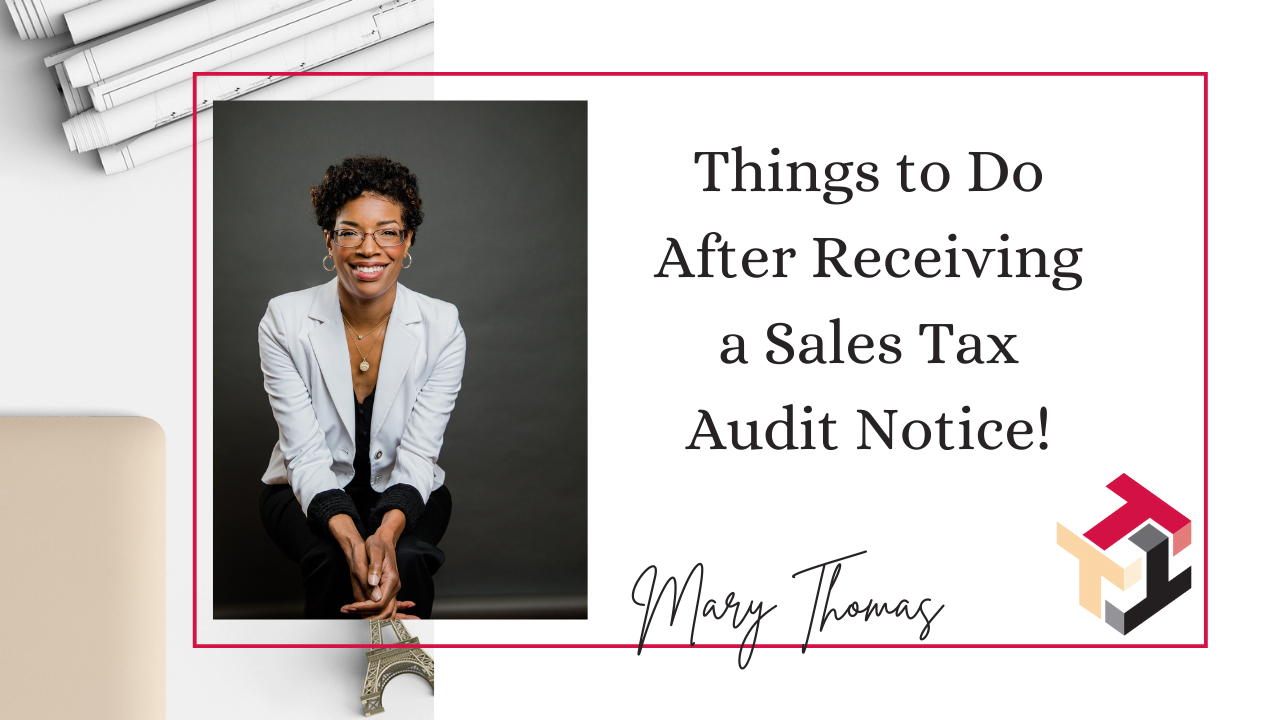


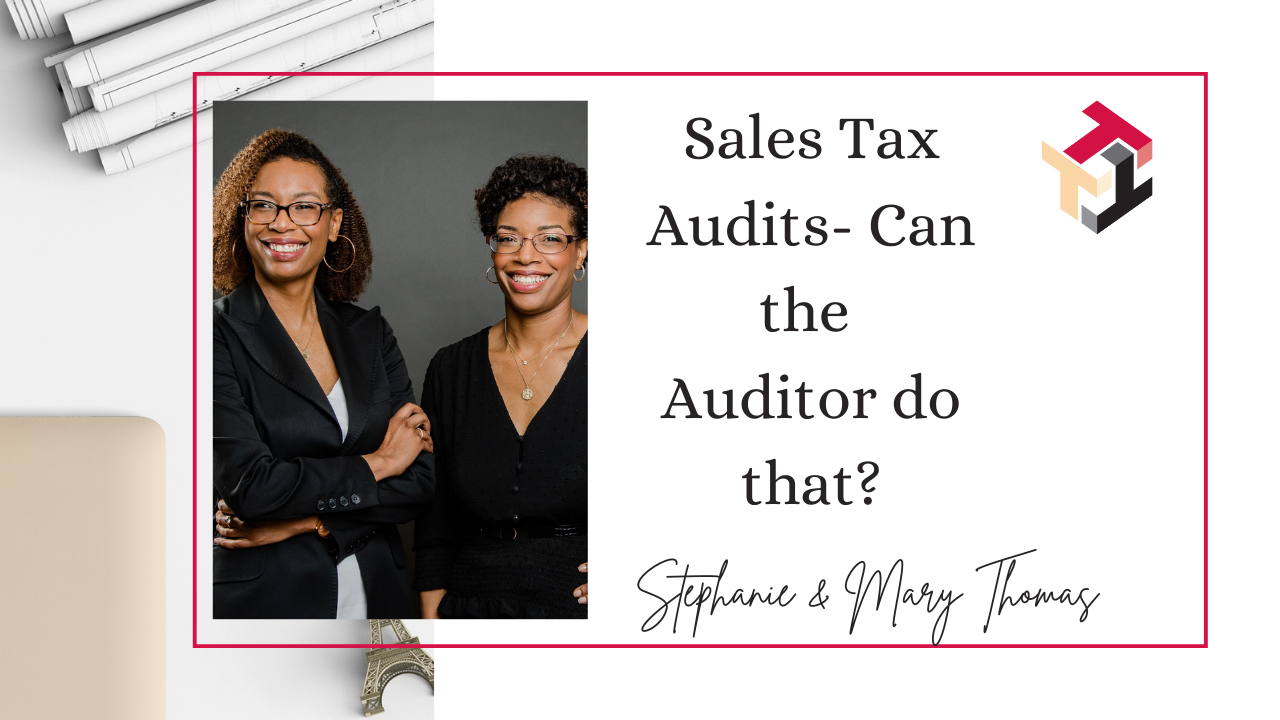


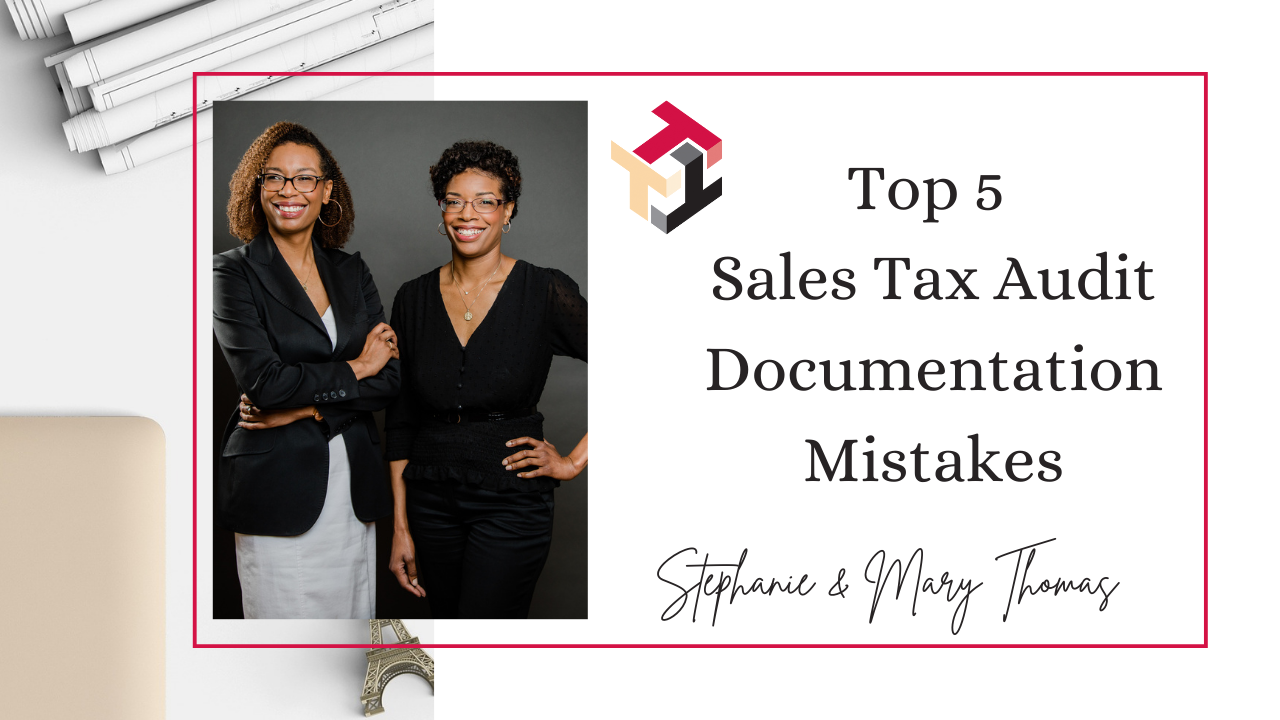
0 Comments